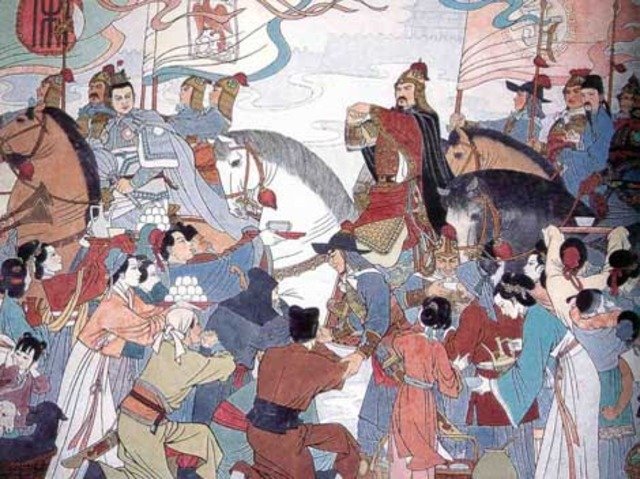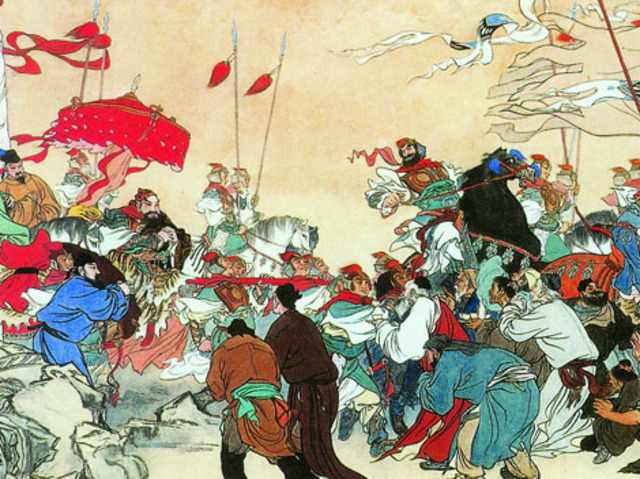Decline of the Western Zhou Dynasty
The capital of the Western Zhou Dynasty was looted by nomads and Huns in 771 BC, signaling the beginning of the decline of the Western Zhou Dynasty, which is one of the most important events in ancient China. There continued conflicts between the vassal states in the Spring and Autumn period (770 BC – 476 BC). During the Warring States Period (475 BC – 221 BC), the three warring clans Han, Zhao, and Wei divided the Jin state between them. A century later, from 361 BC to 336 BC, Duke Xiao of Qin, with the help of statesman Shang Yang, transformed Qin from a backward, remote state into the most stable of the seven warring states and established a strong political framework for its successors to defeat the other six.
Event decline of the Western Zhou Dynasty, the Zhou Dynasty ruled China for about eight centuries, establishing distinct political and cultural characteristics identified with China for the next two millennia follow. The period prior to 771 BC is commonly known as the Xi (Western) Zhou dynasty, and from 770 is known as the Zhou dynasty (Winter). The House of Lords made significant cultural contributions to agriculture, education, military organization, Chinese literature, music, philosophical schools of thought, stratification social as well as political and religious innovations.












